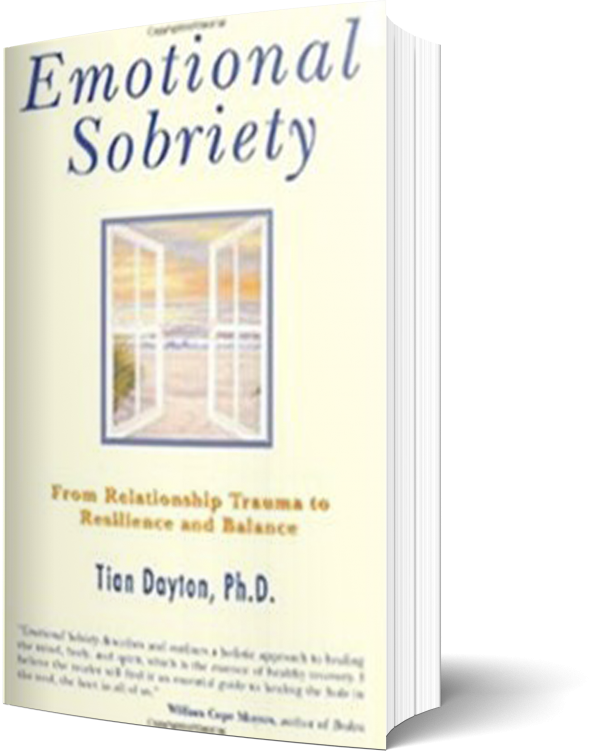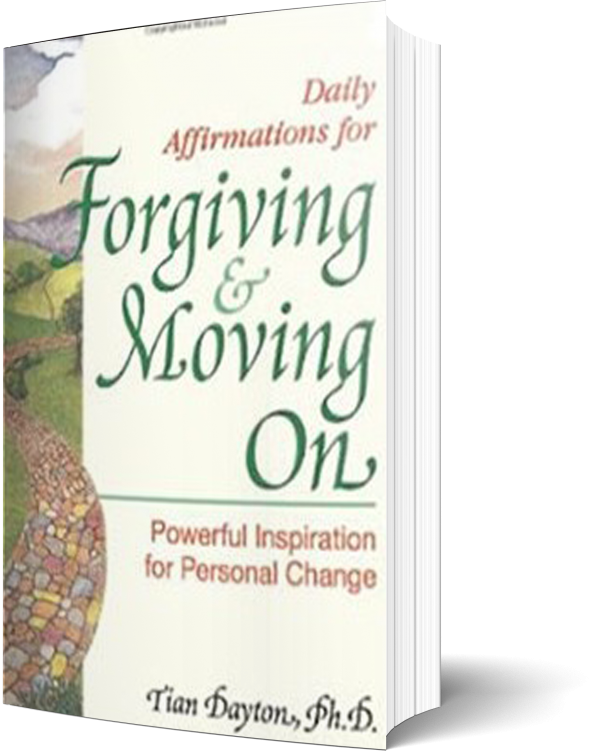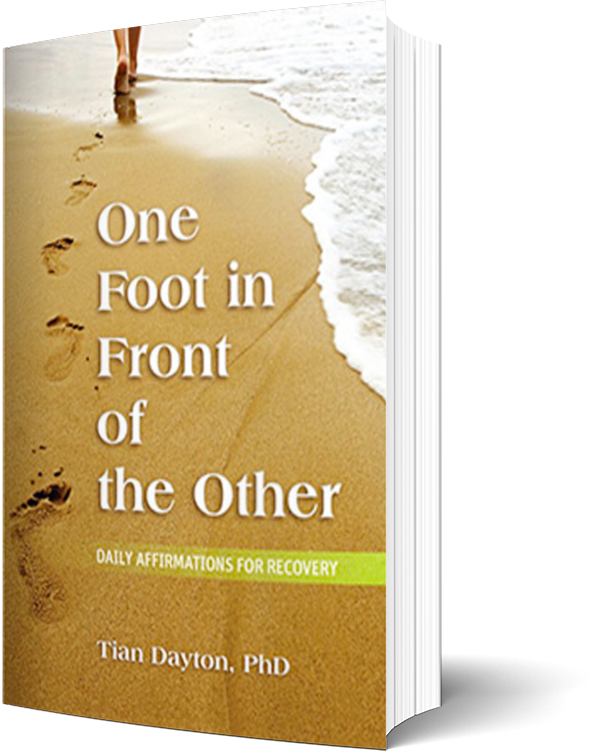Not being able to do all that we might be used to doing seems to have some side benefits. Here’s what I am hearing people say.
“I’m more aware of what really matters, I’m focusing on gathering with family and friends and just enjoying their company.”
“I’m entertaining at home again, doing simpler things but I sort of like it.”
“I feel relieved not to make the holidays all about buying more and more presents, it was getting to feel like too much.”
When times are difficult the first thing most people do (after the shock wears off) is to take stock of what they still have. It’s too bad that we need to have our money supply limited to really appreciate the richness and abundance that is still ours but we are, after all, just human and the apple of temptation is ever hanging above us. When we have to resist temptation we can become more aware of what we already have. I’m hearing people talk about valuing what the holidays are really about, affirming the bonds of family and friends and celebrating life. Not to seem too Pollyanna, but this may be a good time to make a gratitude list; to “count our blessings”. Both of these time honored techniques actually inoculate us against feelings of deprivation and holiday stress. We need them now more than ever because the good feelings that we can generate within us have the power to shift our mood, to, in fact, elevate our immune systems.
In a fascinating study illustrating this point, researchers at Harvard set up two control groups, the first was asked to watch films of Nazi war crimes. The second group watched films of Mother Teresa at work. After viewing the films, each group member had blood drawn. The group that had been watching films about Nazis had elevated levels of stress chemicals like adrenaline and cortisol, while the group watching the films about Mother Teresa had elevated levels of mood enhancing chemicals like serotonin. Blood levels returned to normal after about twenty minutes. But here is the interesting part: in a second part of the study, subjects in each group were asked to continue to think about the images they saw in the films throughout their day. The results were rather startling. Hours later, the group that had been thinking about the images they’d seen in the Nazi war films had continued high levels of stress chemicals in their blood, while the group that had been thinking of Mother Teresa had continued levels of mood enhancing body chemicals coursing through them.
What we think about all day really does affect how we feel. When we think positive thoughts, our bodies actually respond by spurting out feel-good, self-soothing body chemicals that help us to stay calm and serene. And the opposite is equally true, when we think negative thoughts all day our body actually manufactures stress chemicals all day long.
If the recession has you feeling out of control this holiday season, here’s some good news, there is still something within your control. Think uplifting thoughts, think about what’s good in your life or just image sitting on a beach somewhere and strengthen your own immune system.





